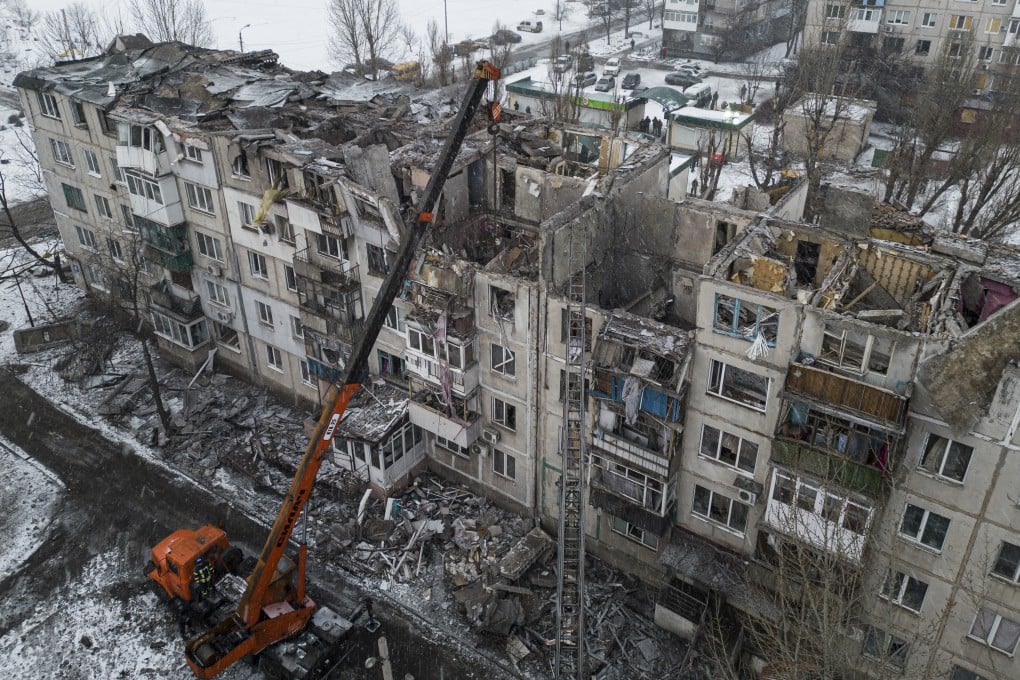Advertisement
Opinion | Ukraine war no longer ‘remote’ for Southeast Asia as impact of year-long conflict takes toll
- Some Southeast Asian countries are shifting from a position of studied neutrality to taking a stronger stance against Russia’s aggression in Ukraine
- Impact of war shows it is difficult for regional countries to ignore brute use of force by a big power against its smaller neighbour and its corrosive effect on rules-based order
Reading Time:5 minutes
Why you can trust SCMP
3

On February 24 last year, when Russian tanks rolled towards Kyiv to begin the invasion of Ukraine, most Asean member states, barring Singapore, expressed serious concerns but did not condemn Russia.
The Association of Southeast Asian Nations (Asean) adopted a centrist approach in its February 26 statement, calling on “all relevant parties to exercise maximum restraint” that effectively blurred the line between aggressor and victim.
However, as the war drags on, it becomes increasingly untenable for the region to view it as a “remote” one and to go on business-as-usual with Russia. There has been a subtle but significant shift in the positions of some Southeast Asian countries vis-à-vis the war, albeit more of an evolving adjustment than a dramatic shift.
The earliest and most dramatic shift was by Cambodia, the 2022 Asean chair. In the early days of Russia’s invasion, Prime Minister Hun Sen expressed hope that his country would not be forced to choose sides. Yet, Cambodia swiftly adjusted its position, joining Singapore and other countries in co-sponsoring the United Nations General Assembly (UNGA) resolution in March 2022 to condemn Russia, and provided training to the Ukrainians in demining. Hun Sen then denounced the invasion, saying “such an act of aggression is unacceptable for Cambodia”.
As the Asean chair, Cambodia also played a key role in quickly enabling Ukraine’s accession to the Treaty of Amity and Cooperation in Southeast Asia (TAC). The signing ceremony at the November 2022 Asean summit carried strong symbolism since the TAC – to which Russia is also a party – enshrines the cardinal principles of respect for territorial integrity, national sovereignty and non-use of force. Cambodia would not have been able to pull this through without the consensus of other Asean members, indicating a shift from their earlier reticence towards giving more diplomatic space and moral support to Ukraine.
In the same vein, Indonesia invited Ukraine’s President Volodymyr Zelensky to deliver his virtual address at the G20 Bali summit and put together a strong statement by quoting the UNGA resolution that “deplores in the strongest terms the aggression by the Russian Federation against Ukraine and demands its complete and unconditional withdrawal from the territory of Ukraine”. This was quite a feat, considering that Russia and China are part of the G20.
The Philippines’ position has also shifted from an early equidistant neutrality to a principled one based on international law. A few days after the Russian attack, the Philippines’ Defence Secretary Delfin Lorenzana commented: “We are not located beside Ukraine and it’s none of our business to meddle in whatever they’re doing in Europe.”
Advertisement

